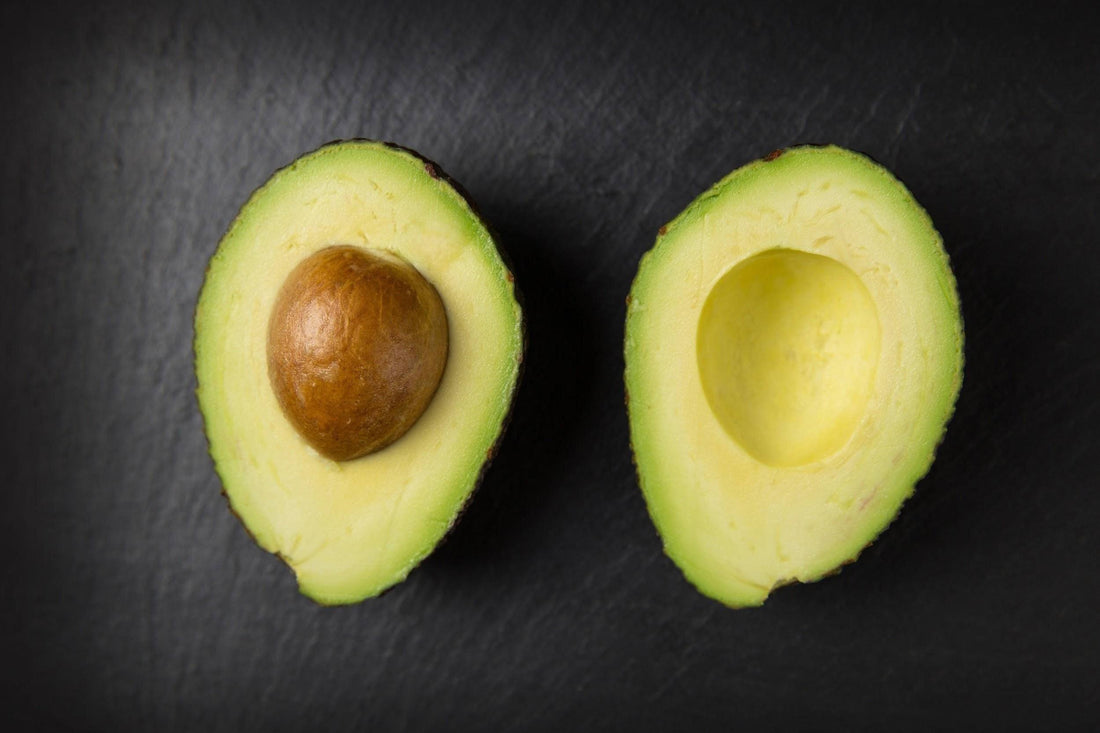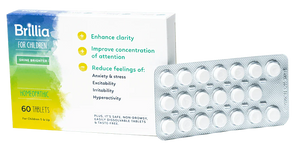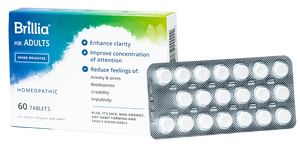The Relationship Between the Brain and Fat
How well your child's brain works isn't dependent only on genetics; the fats they eat play an important role. Because the brain is composed of 60 percent fat and requires essential fatty acids in order to work well, and because proper nutrition is one of the five ways you can help your child be well, which fats you add to your child's diet is no small decision.
Types of Fats
There are three categories of fat: saturated, unsaturated, and trans. Trans fats are not naturally occurring — they're artificial, created by food processing and are not healthful. Count these out because they’re harmful to your child's brain development, and focus instead on the most beneficial forms of saturated and unsaturated fats.
Monounsaturated fats are the main type of fat found in the Mediterranean diet, and they are proven to promote the release of acetylcholine, which is necessary for memory function. Omega-3s, another form of unsaturated fat, protect and repair the brain. Lastly, a form of saturated fat called medium-chain triglycerides can improve brain function and are well-utilized by the brain as a source of direct energy.
How to Eat Them
We've put together a list of foods that contain these good fats for brain health, along with suggestions for how to cook with them in kid-friendly ways.

1. Fatty Fish
You may already be incorporating fish into your child's diet because you're familiar with the positive role omega-3s have on reducing anxiety — if not, it's a good time to start! The fattier the fish, the more omega-3s, so lean more toward salmon or tuna than cod or sole. Try a creamy dipping sauce to turn a plain piece of seafood into a dinner treat.

2. Eggs
Beneficial for the brain above and beyond their fat content (egg yolks are an excellent source of choline), the omega-3s in eggs contribute to the successful growth and development of a baby's brain. To make eating eggs a more festive snack, try simple egg pops that feature hard-boiled eggs and raw vegetables. They're easy enough for your kid to make them, too!

3. Organic Whole Milk
Why prefer organic milk over conventional? Not only is it free of GMOs, but organic milk also contains more omega-3's. That's because organic cows graze on pasture at least some of the year, instead of being cooped up in a barn and being fed corn. For best results choose grass-fed organic, which has even more omegas than plain organic. Getting kids to drink milk isn't usually a challenge, but if it is, try hiding it in peanut butter and jelly smoothie using whole milk, as more fat means more omegas.

4. Avocados
The monounsaturated fats in avocados are healthful for the brain, and their lutein content has been shown to increase brain function because the brain can use it directly. Their flavor is mild, so even if your child doesn't love the taste of avocados, you can incorporate them into their meals through recipes like a chocolate pudding that uses avocados as the base.

5. Nuts
Walnuts are known as a premier brain food — and even look like little brains themselves — but all nuts have the beneficial omegas and saturated fats that contribute to brain wellness. Because they are high in fat, eating nuts as a snack is a good way for your child to practice mindfulness as it's so easy to eat a mountain of them! Trail mix that includes seeds and dried fruit for a sweet treat can also benefits the brain.

6. Coconut Oil
The medium-chain triglycerides in coconut oil make it powerful brain food. Coconut products nowadays are widely varied: you can eat fresh coconuts, frozen pieces, use coconut flour in baking or cook with coconut oil. Try a pancake recipe that uses both coconut flour and coconut oil, giving your child a double dose of brain-boosting MCTs.
References
1. https://www.ncbi.nlm.nih.gov/pubmed/20329590
2. https://discoverbrillia.com/pages/five-pillars-nutrition
3. http://www.iowastatedaily.com/flavors/eat-more-monounsaturated-fats/article_11fc4418-61f4-11e3-81a2-0019bb2963f4.html
4. https://www.ncbi.nlm.nih.gov/pmc/articles/PMC4404917/
5. https://www.ncbi.nlm.nih.gov/pubmed/19223595
6. https://www.marthastewart.com/339169/kid-friendly-fish-and-shellfish-recipes
7. https://www.sciencedaily.com/releases/2017/12/171220140605.htm
8. https://www.incredibleegg.org/recipe/veggie-egg-pops/
9. https://www.npr.org/templates/story/story.php?storyId=250012684
10. https://www.delish.com/cooking/recipe-ideas/recipes/a47154/pbj-smoothie-recipe/
11. https://www.eurekalert.org/pub_releases/2017-08/fl-nre082317.php
12. http://arianecooks.com/choc-avo-mousse-a-smoother-take/
13. https://www.ncbi.nlm.nih.gov/pmc/articles/PMC4105147/
14. https://discoverbrillia.com/pages/five-pillars-mindfulness-techniques-for-children
15. https://www.superhealthykids.com/ultimate-trail-mix-recipe-guide/
16. https://goop.com/recipes/coconut-pancakes/







